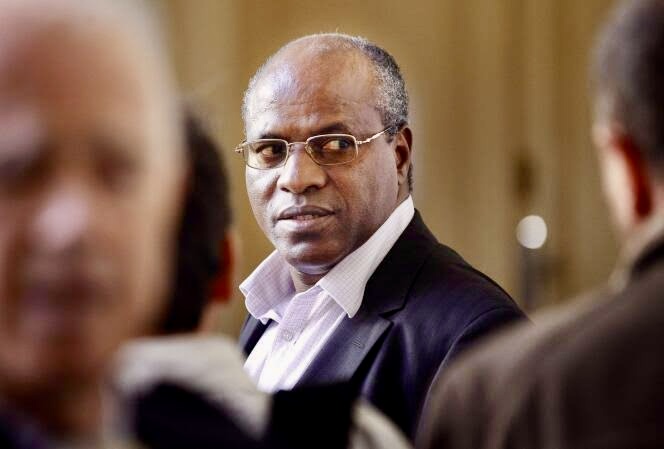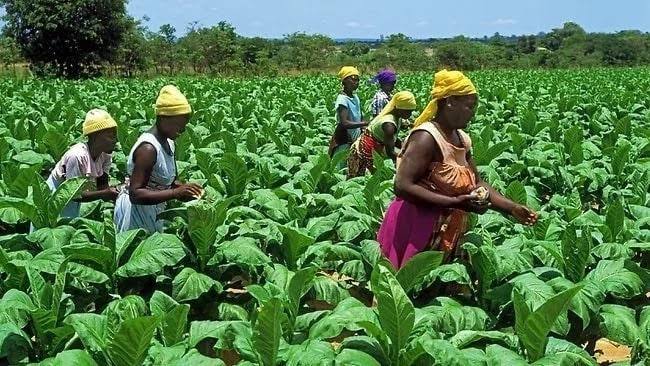
Faith Nyasuguta
The trial of Sosthene Munyemana, a former Rwandan gynecologist, commenced in France after nearly three decades of investigation, marking one of the country’s lengthiest legal proceedings.
Accused of genocide and crimes against humanity related to the 1994 massacres in Rwanda, Munyemana appeared in the Assize Court in Paris, expressing his identity and apologizing for a delayed arrival.
Now 68, Munyemana, who has lived in France since 1994, faces life imprisonment if convicted. Clad in a blue striped shirt and a grey jacket, he denied the charges.
This trial is the sixth in France involving an alleged participant in the Rwandan massacres, during which around 800,000 people, mostly ethnic Tutsis, were killed over 100 days.
The proceedings, expected to last five weeks, hold historical significance and will be recorded for archives. Rachel Lindon, a lawyer representing 26 victims, emphasized the importance of justice and the dwindling number of witnesses over time.
Munyemana’s asylum request in 2008 was rejected by France, but in 2010, an extradition request from Rwanda was declined, arguing concerns about a fair trial.
An ethnic Hutu, Munyemana lived in Butare during the 1994 genocide and was close to Jean Kambanda, the head of the interim government established after the downing of then-president Juvenal Habyarimana’s plane. He is accused of supporting the interim government and mistreating Tutsi civilians.
Emmanuel Daoud, a lawyer for human rights organizations, highlighted Munyemana’s influential position and suggested his awareness of the atrocities. Munyemana’s defense contends that he provided refuge for Tutsis seeking protection.
His lawyer, Jean-Yves Dupeux, raised concerns about relying on eyewitness accounts from decades ago, emphasizing the difficulty in assessing events over such a prolonged period.
This trial adds to France’s efforts to prosecute individuals involved in the Rwandan genocide, although it has faced criticism from Rwanda for alleged reluctance in extraditing suspects.
As the legal proceedings unfold, the case raises questions about accountability and the pursuit of justice for historical atrocities.

In June, Damas Gisimba, a man that sheltered and saved the lives of hundreds of people during the Rwandan genocide, died. He was 61.
In 1994, Gisimba and his brother were running an orphanage founded by their parents in Kigali, the Rwandan capital.
On 6 April, the plane carrying the Rwandan president, Juvénal Habyarimana, was shot down and his death was blamed on Tutsi rebels. Within hours, Kigali was surrounded by roadblocks and the slaughter of Tutsi families by Hutu forces began. The following day, people started arriving at the orphanage seeking shelter.
Over the next three months, Gisimba, who was of mixed Hutu-Tutsi ethnicity but had a Hutu ID card, and his brother, Jean-Francois, sheltered more than 400 children and adults who hid in the attic, the basement and in locked rooms.
“Damas is the reason why me and my family are alive today,” said Sonia Mugabo, a 33-year-old fashion designer, who was four when the genocide started. “In the 1994 genocide, we were living next to the orphanage. He welcomed our family – he saved our lives.”
Mugabo’s lawyer father, Pio, was a member of the opposition Liberal party and on a list of those to be murdered. After the genocide, he served as social welfare minister in the transitional national government.
Gisimba hid the Mugabo family at great personal risk to himself and others in the orphanage. Had the militia found out they would have killed everyone.
RELATED:




